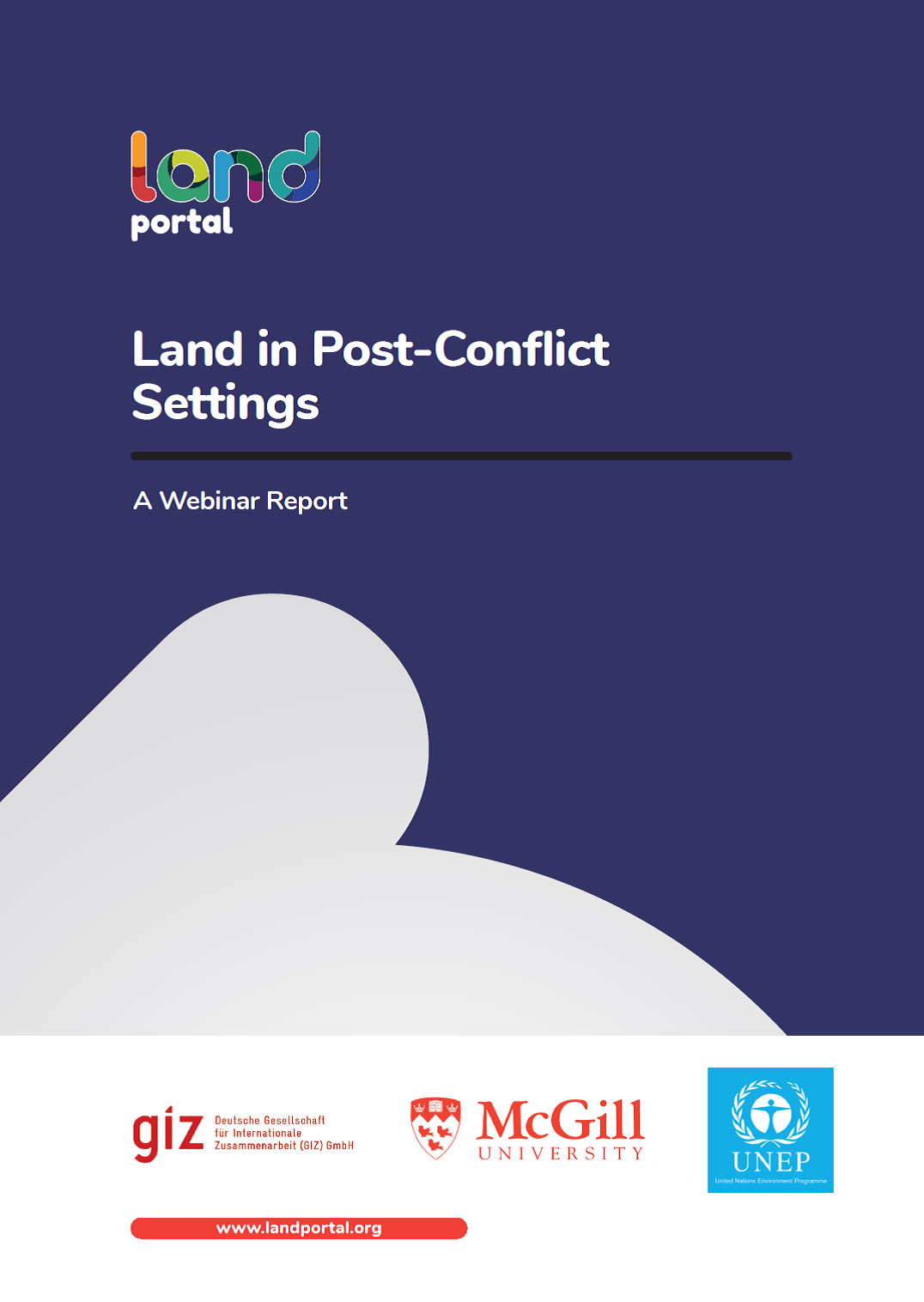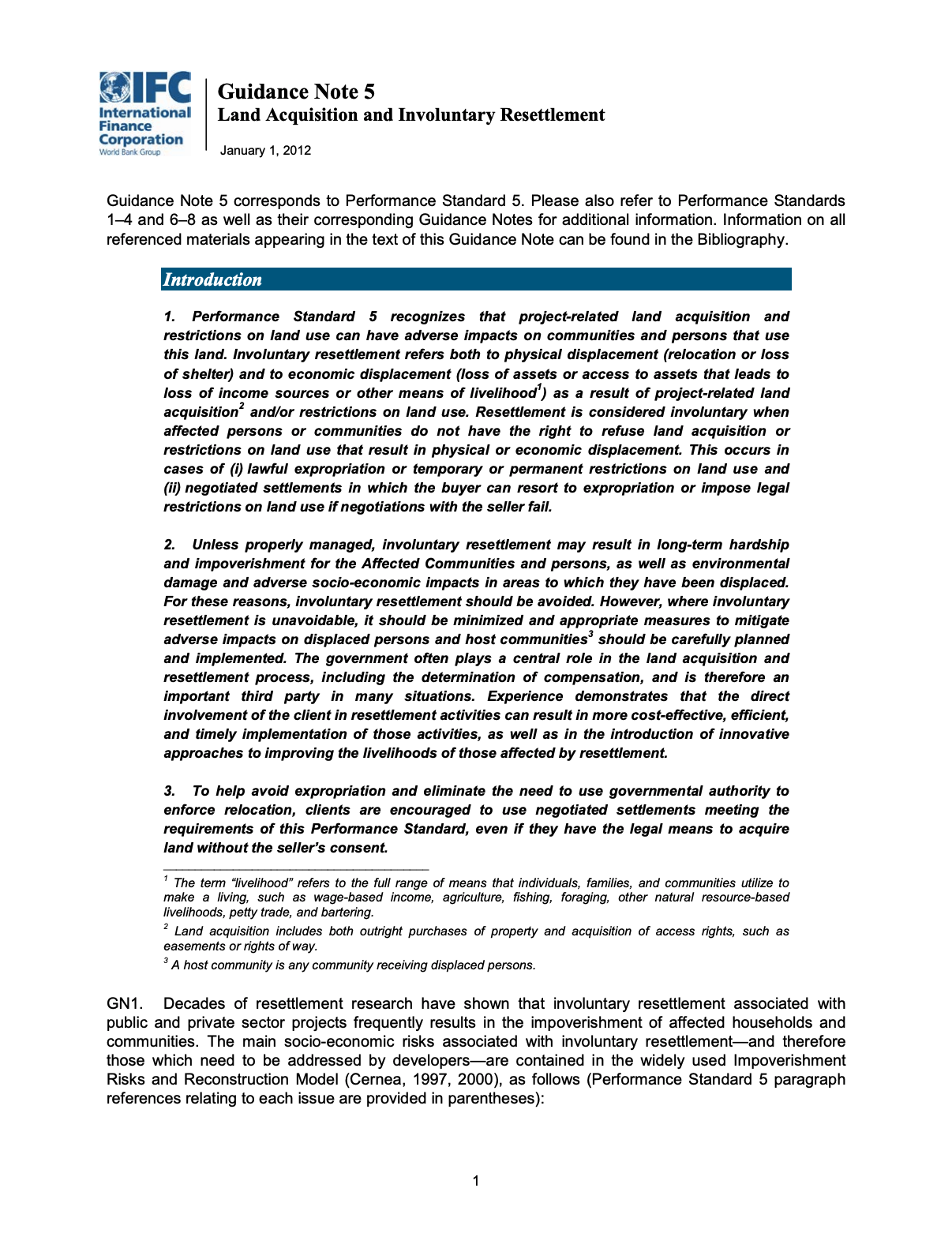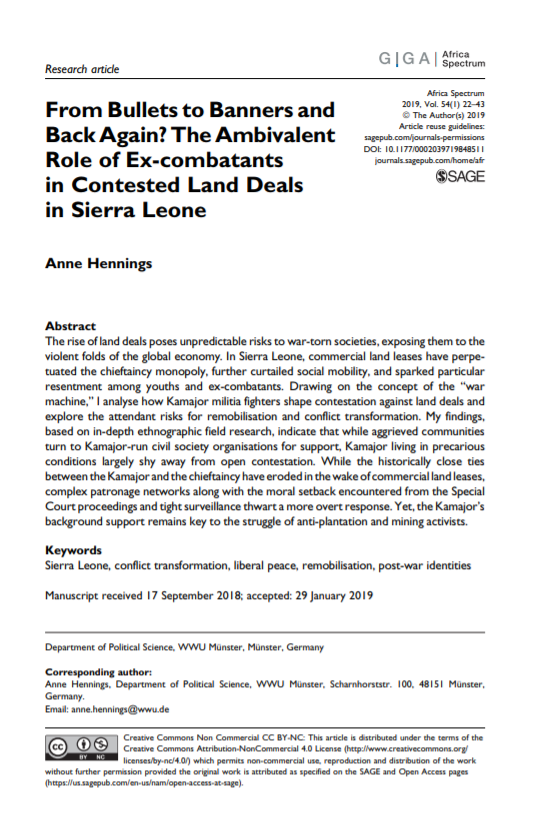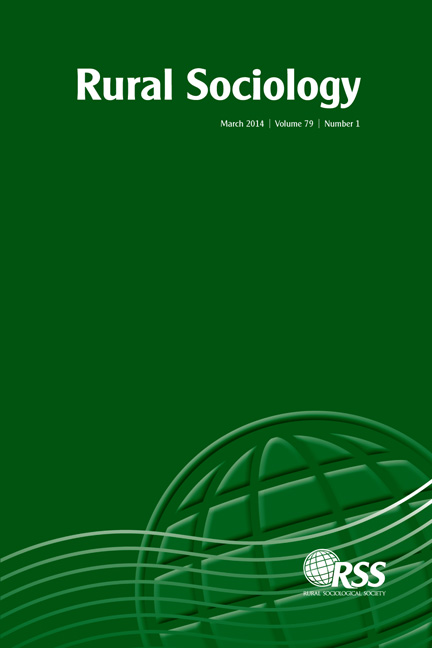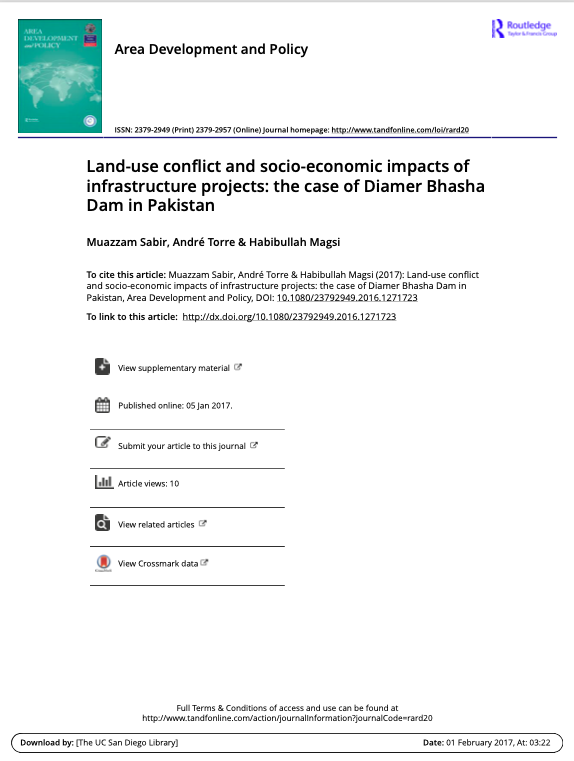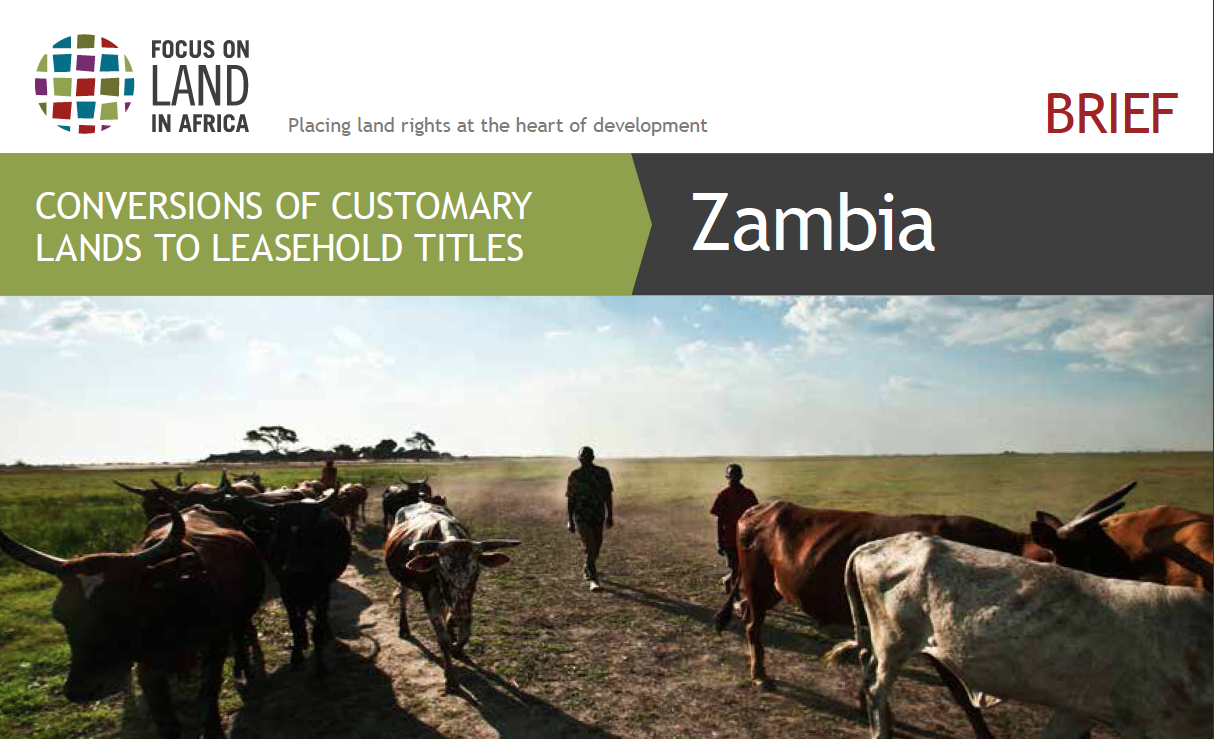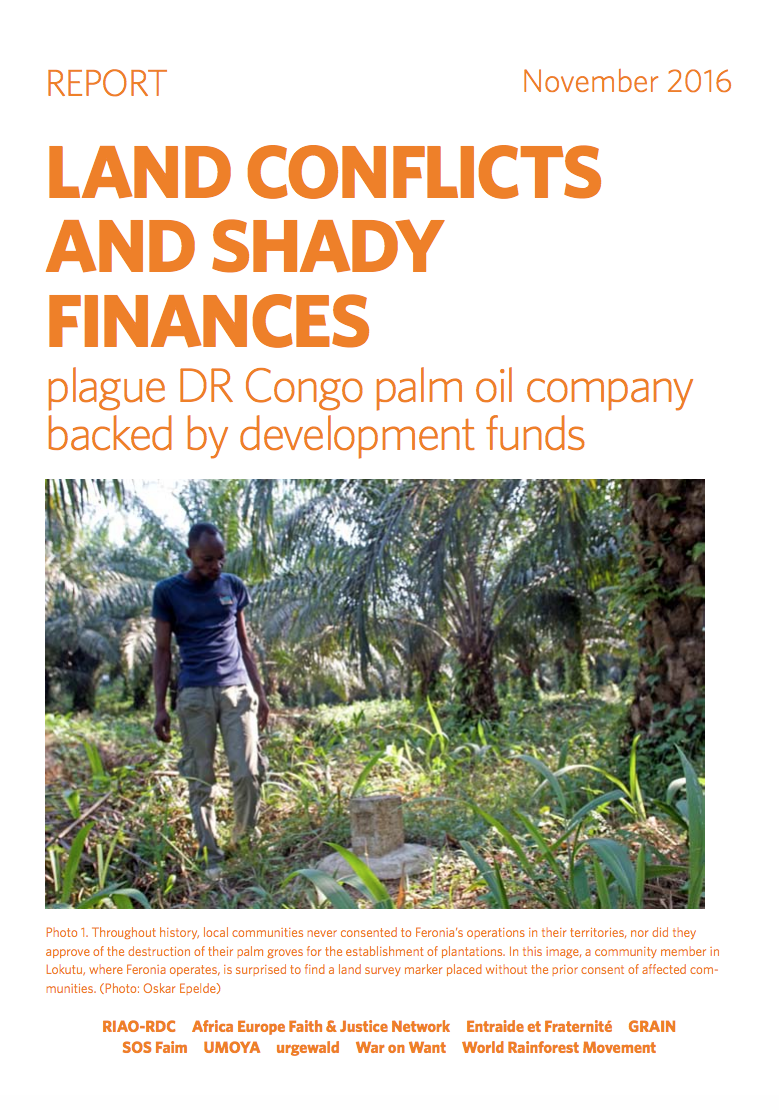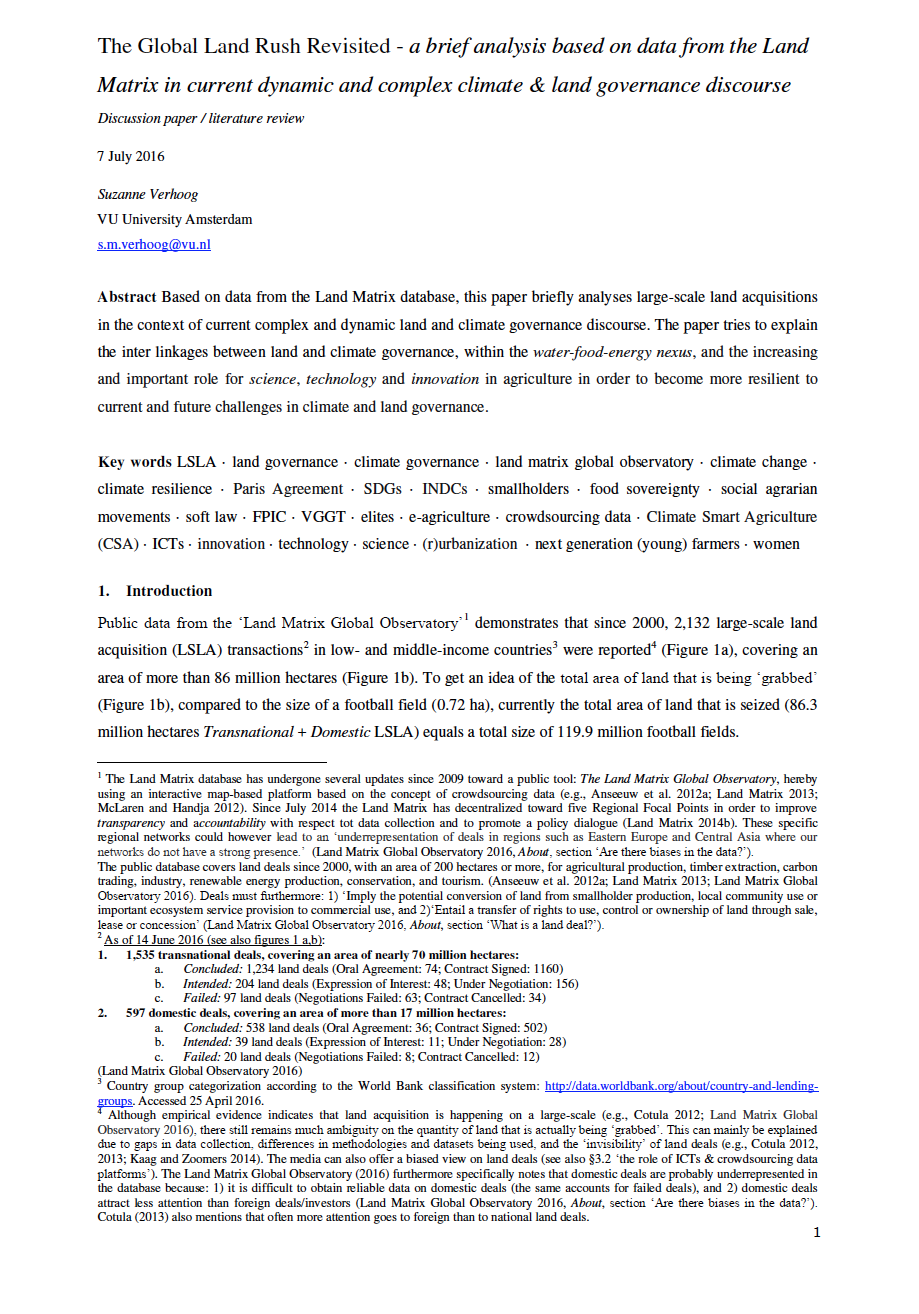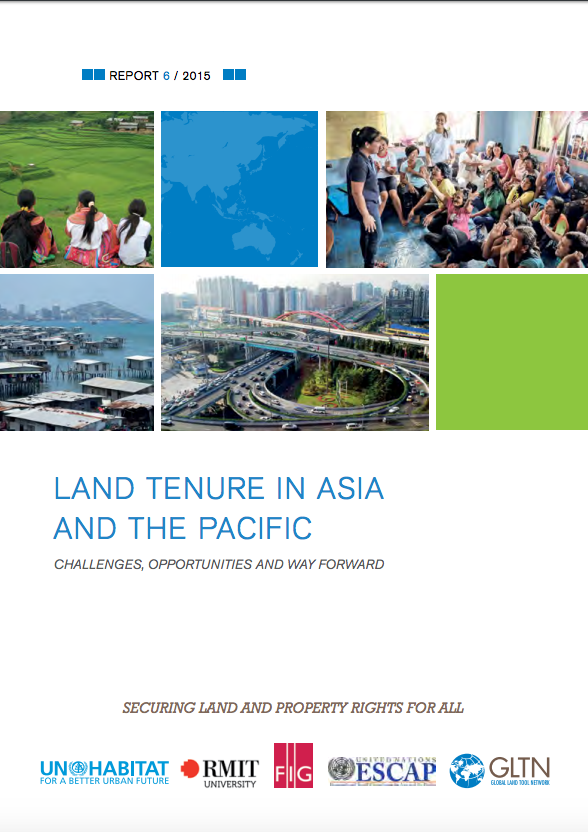Webinar Report: Land in Post-Conflict Settings
Post-war societies not only have to deal with continuing unpeaceful relations but also land-related conflict legacies, farmland and forest degradation, heavily exploited natural resources, land mines, a destroyed infrastructure, as well as returning refugees and ex-combatants. In the aftermath of war, access to and control of land often remains a sensitive issue which may precipitate tensions and lead to a renewed destabilization of volatile post-conflict situations.

